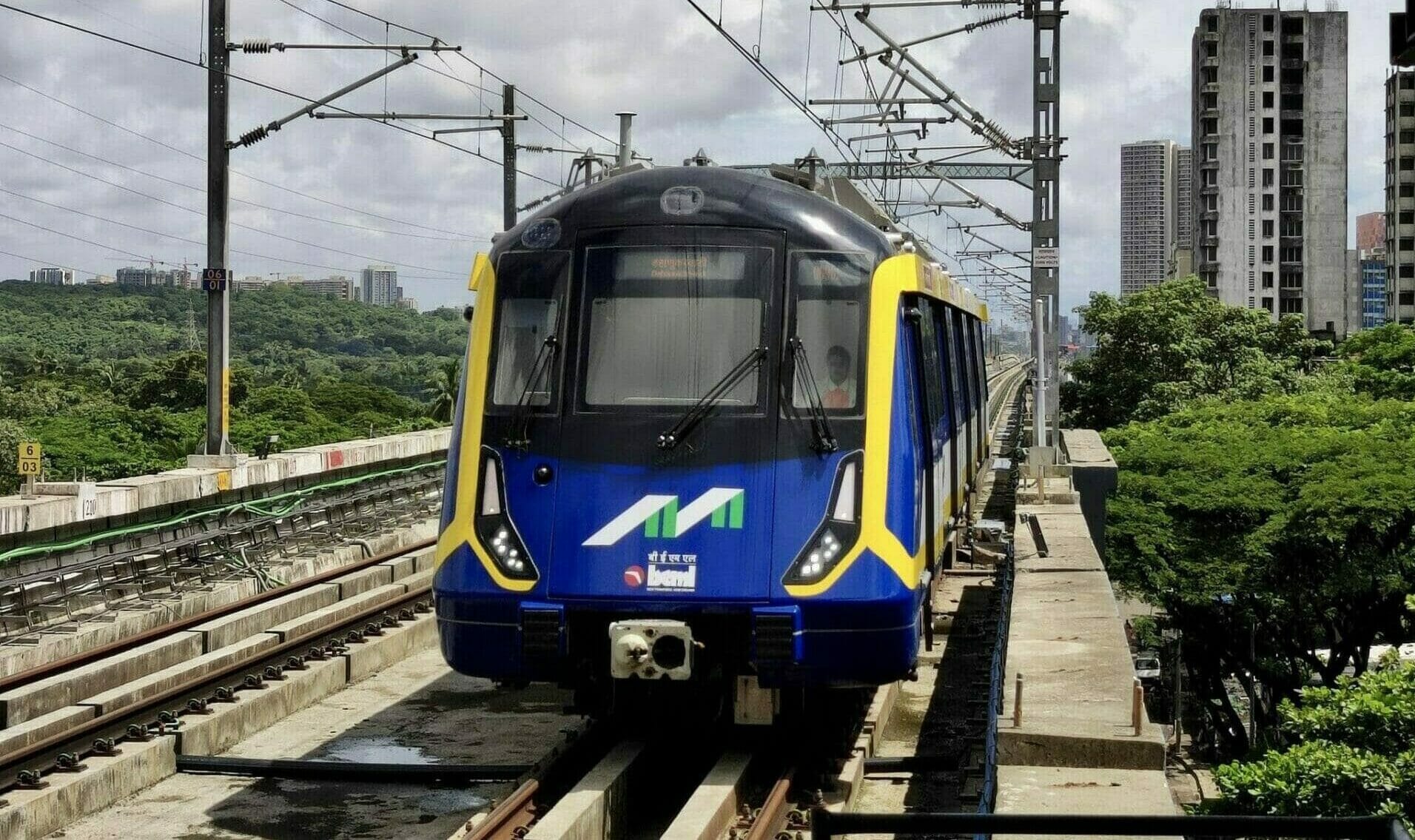Mumbai’s urban mobility infrastructure received a major boost on Friday with the formal launch of Phase 2A of the Metro Line 3, connecting the high-density corridor between Bandra Kurla Complex (BKC) and Acharya Atre Chowk.
The expansion of the underground metro stretch is seen as a pivotal step in easing road congestion, enhancing public transport access, and moving closer to the city’s long-term sustainable mobility goals.The newly inaugurated section is part of the ambitious Colaba-Bandra-SEEPZ Metro Line 3, a project that promises to redefine intra-city travel by providing fast, reliable, and eco-friendly connectivity through the city’s most congested zones. Spanning 33.5 km, once fullyoperational, this north-south underground corridor is set to become Mumbai’s first fully underground metro line, linking key commercial, residential, and transit hubs.
Friday’s launch of the BKC to Acharya Atre Chowk stretch, though limited in geographical reach, is monumental in its strategic value.
It directly connects one of Mumbai’s most prominent business districts to central parts of the city, reducing reliance on road transport and helping cut down vehicular emissions. This aligns with the broader policy push for green transport solutions that can contribute to a net-zero carbon future for urban India.
Metro officials noted that the operational readiness of Phase 2A reflects both the technical expertise and the urgency with which Mumbai is addressing its chronic mobility challenges. The project employs advanced tunnelling and construction techniques to ensure minimal disruption to surface life while achieving deep sub-surface connectivity.Apart from enhancing urban commute, the Metro 3 corridor is expected to lead to significant reductions in fuel consumption and air pollution. The line is anticipated to cater to over 1.5 million daily commuters upon completion, making it a transformative addition to the city’s mass transit ecosystem.
Planners are also betting on the Metro’s ability to improve gender equity in public transport. With dedicated CCTV coverage, well-lit platforms, emergency help points, and women-friendly infrastructure, the line aims to make daily travel safer and more inclusive.Urban mobility experts believe the project is more than just a transport link—it is a symbol of Mumbai’s aspiration to match global smart city standards. By improving travel speed, air quality, and connectivity, it sets a precedent for future infrastructure developments across Indian metros.
As Mumbai continues to grow, such infrastructure investments are critical to making the city liveable, efficient, and climate-resilient. With every kilometre of track laid beneath its bustling streets, Mumbai is digging its way toward a more sustainable urban future.
Also Read : Mumbai Set to Launch Water Metro Service
Mumbai Metro Phase 2A Begins Operations


